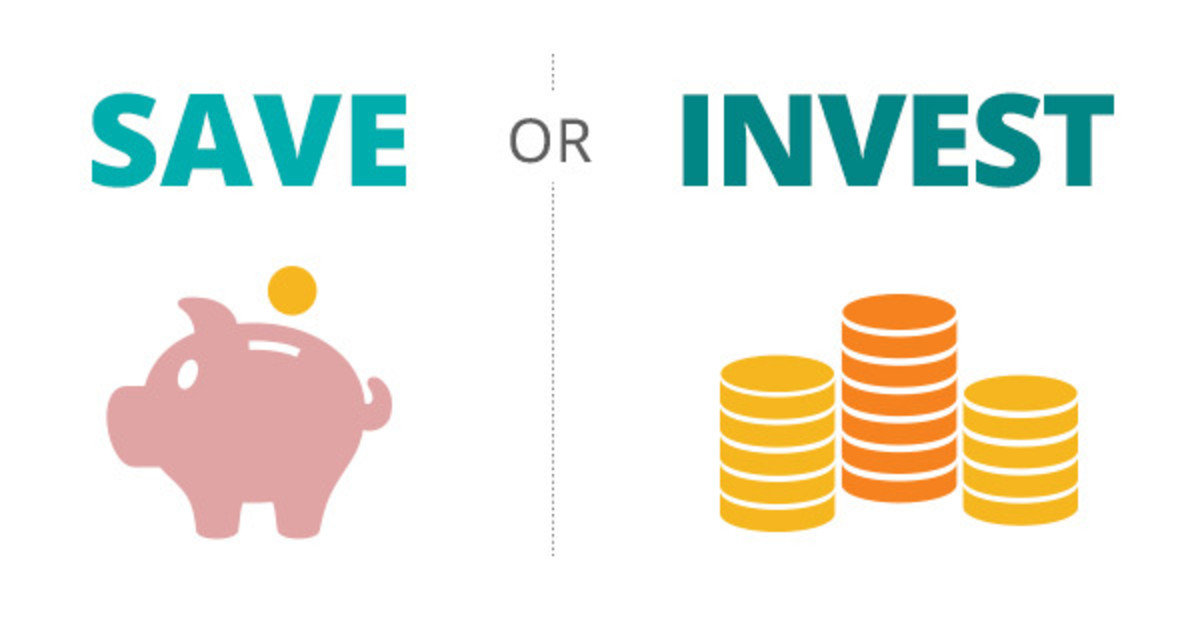How to teach your children the value of saving?

Overview on saving money
As your children grow up you teach them several things that would help them to develop into a complete individual. Keeping the future concerns of children intact in your mind it is also equally essential to teach them the values of saving money. It is the humble duty of the parents to teach their children the noble rules and the importance of saving money at an early stage of their lives so that tomorrow when they grow up they find themselves standing on a good financial base. But the question here is how to proceed as a parent or what simple techniques you could employ to impart them the value of this? Do not worry! This hub is all about this and here you would find out soon how to do the same without any big obstacles on your way.
How to teach your children the value of saving money?
While your children grow up you need to prepare them psychologically to build on the art of short term savings keeping some vital aspects clear in your mind. For instance, you need to have a clear idea on how saving money today is going to benefit your child in the future or how you could impart the habit of saving in your children methodically and how your children going to save the little amounts etcetera. One easy way I suggest, before you arrive into any conclusion is to discuss with them and find out their opinion on the same. But you, as a parent, need to be aware of the fact that as your children grow up it is very likely that their psychology would also change over time. Hence, I would divide the ages of children into three stages here so that it becomes that much simpler to understand how to create the habit of saving effectively in children of different age groups.
Saving lessons for the age group of under six years
To teach your children the habit of saving you need to start as early as possible. This would make things easier for your children in the future. If they fall in the age group of under six, you need to be a bit organized in your approach. You could be a little bit of innovative from your side and find out some suitable ways through which you could impart it successfully to your children . Given below are some of the simple but effective ways through which you can do it:
- Activities: Involve your children in activities related to money. These small activities could be carried out as games. The rule of the game should be to spend less and save more. Finally, the winner could be decided at the end of the games who saves more money than the competitors.
- Calculations: Another good way to approach in your way is to ask the children to do regular calculations. For instance, when you come back from the market or shopping invite them to do the calculations to find out the amount of money spent on different commodities and the balance left thereafter. This is indeed a very good way to introduce your child with the real life dealings with calculations which would help in future.
- Reward them: Moreover, you may also appraise and reward your children sometimes with cash in exchange for some good work done by him. Ask them to deposit the money in the saving box and maintain a notebook for the same. This would help them to figure out how much they have saved at the end of a particular month or year or how much they need more to reach their saving target set before. This is a significant way to teach your child the real value of saving which would be very crucial for their future.
Saving lessons for the age group of six to 13 years
At this stage, your children are mentally more developed and figure out things very easily. You need to move a level up in your lessons and have them acquainted with the real life dealings, proceedings and savings. Given below are the few more advanced ways to help your children in their approach:
- Take them out: When you move out for shopping take them along. When you do so you make them aware about the different types of products and brands that are available in the market. Make them conscious about the tagged priced of products written on them and the prices charged by the retailers. You may also help them to find out how to choose a particular product from the different brands that are available. Make sure to ask them about what they like before buying anything for them. This would make them happy for sure as they learn the basics of how to spend money wisely.
- Let them keep the track: Ask your children to keep the track of the regular expenses including the electricity bills, rents, laundry bills etc. Discuss with them if some expenses need to be cut down what would be those. This could help them later when they lead a life of their own. This would help them to think, analyze and reason out properly where to spend their money, how much to spend and what amount they could save regularly for their secure future.
- Open a savings account: Have them open saving account in a nearby bank where they could regularly deposit certain amount of money regularly. Give them the responsibility to do things on their own like filling in the bank forms and regularly going to banks to deposit and withdraw money according to their need. This would not only help them to learn about savings but also to take responsibility single-handedly.
Savings lessons for the age group of 14 to 20 years
When your children are of the age between 14 to 20 years, give them some added responsibility. Giving added responsibility would help them to learn how to make adjustments and survive in the different household scenarios. Their management skills would surely be tested and they would learn the true value for money in real time. Responsibilities you could give to the children of 14 to 20 years are as described below:
- Responsibility of household budget: You may give them the responsibility of household budget in their hand. Let them think and spend the money according to the priority and not so priority expenses. Have patience and find out how much they could save at the end of a month after meeting all the regular necessary expenses.
- Responsibility of shopping: You may give them the responsibility of doing shopping of their own. In this way, the prior knowledge which you imparted them in their childhood would come into play. They may hop around shops finding out discounts, better quality of products available in the same price range etc.
To wrap up
In this way, you may convey important training and lessons on saving to your younger ones. This would help them later when they lead a life of their own. Gradually but tactfully you need to give them responsibilities so that they too on their part could enjoy it to the maximum. After all, parents want their children to glide way smoothly in their respective lives in their future. Hence, take the initiative today to shape up your children for the future by imparting them with the practical lessons of the different saving options in their individual life.








